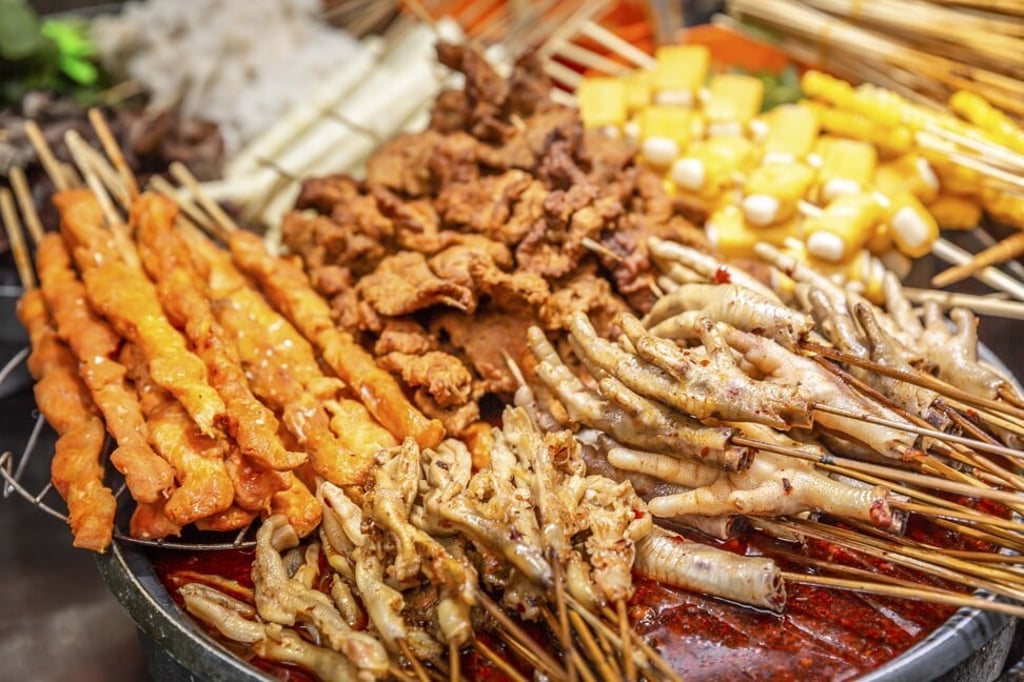Feast or Famine | If you eat meat, don’t call those who eat blood or brains disgusting
- It’s true some people are turned off by the thought of eating blood, hearts and brains – but it’s not just that they won’t eat them, but they judge those who do
- If you’re a meat eater trying to lead a more sustainable life, you should at least try to commit to zero waste on the animals that die for your dinner

The piece mentioned Taiwanese pig’s blood cakes, Chinese blood “tofu”, Vietnamese raw blood pudding, seal’s blood eaten by native Alaskans, and Italian chocolate and pig’s blood salami.
But it was the picture of blood sausage being prepared by an Estonian woman that inflamed the writer. The email, with the subject heading “What a Savage”, ranted about the Estonian sausage maker: “She is inhuman. She is a savage. She is the most disgusting, vile piece of putrescence to walk this earth. I consider you people vile, disgusting specimens of humanity.” The email was signed “Winnie Ting”.
I recognised the tone of the email, because I’d received similar ones over the years from a British person living in Hong Kong who, for his own sake, shall remain nameless. This person – we’ll call him M – had been emailing me intermittently for more than 10 years, calling me, among other things, vile, disgusting and a peasant from Henan province, with comments such as, “If you cannot write about food which civilised Westerners eat, then I suggest you resign your position and allow a civilised Westerner to take over.”

In his last email to me, in 2016, M hit a new low, writing, “When do you plan to die? Soon I hope.” After being sent a strongly worded email by a lawyer, who pointed out that the comments could be considered a threat, M finally stopped emailing me.
I shared my suspicions about the real identity of the emailer with my colleagues, and wasn’t surprised when they said that it was sent from M’s iPhone.
